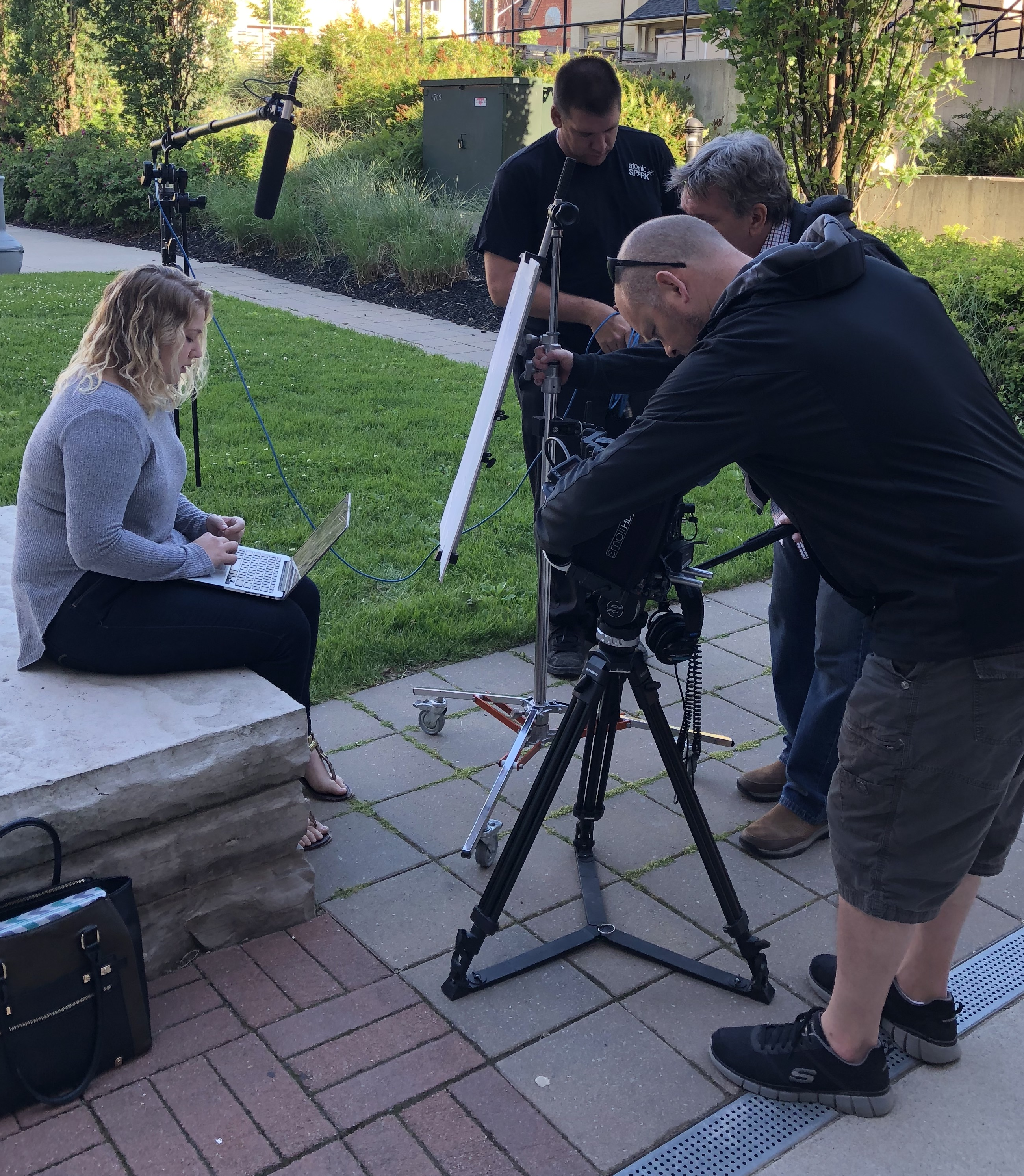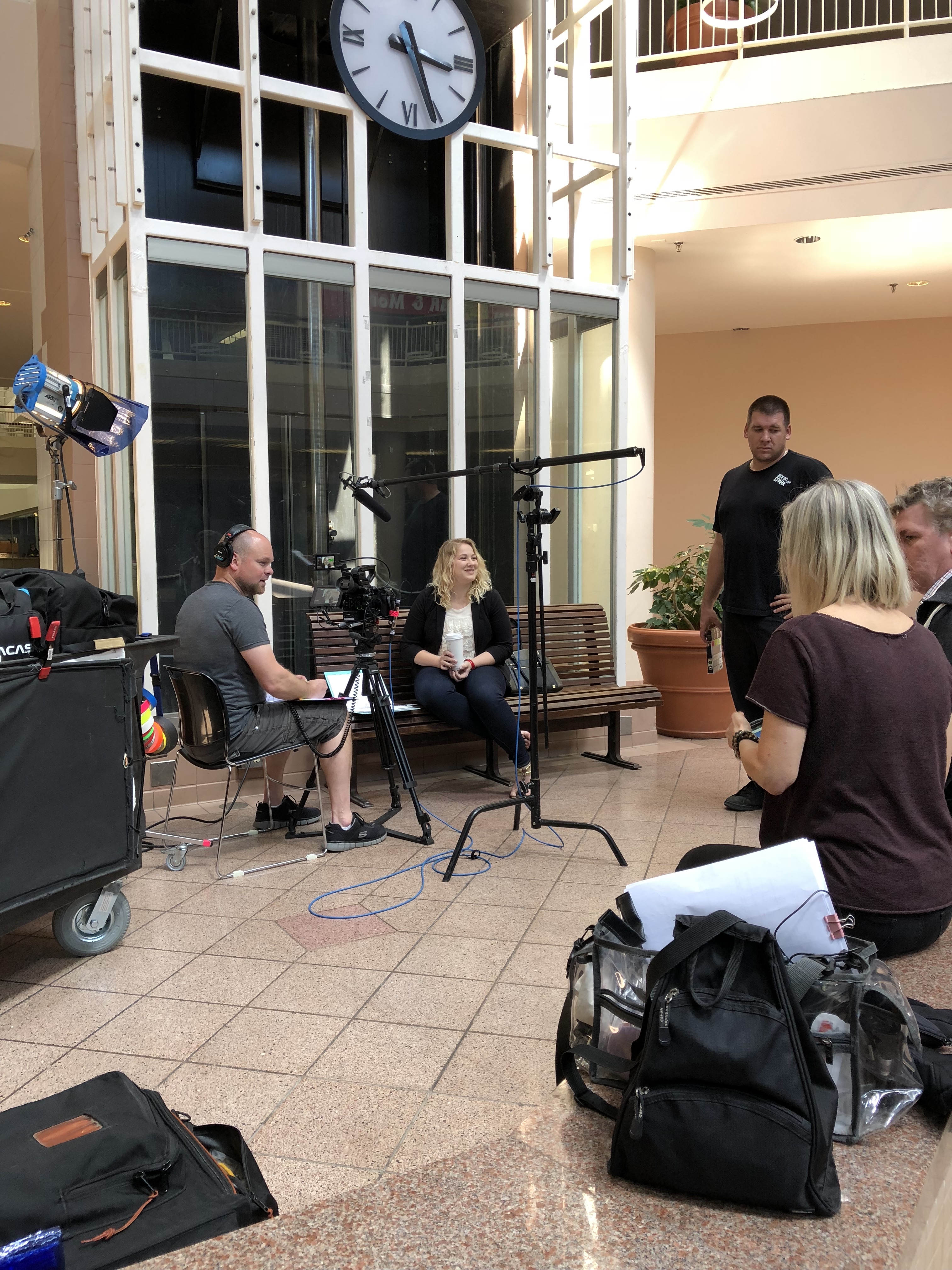
A Blog by Bruce Gillespie
The inspiration for this project was a long-standing challenge I encountered while teaching a first-year introduction to reporting and writing class in my Digital Media and Journalism program: while students were excited to learn the skills of a journalist, such as how to interview people and then go out into the community to talk to sources, they were demonstrably less engaged in learning about the research and theories that expose the problems with contemporary Canadian journalism and how to address them. I could see why the former was more interesting than the latter for many undergraduates, who spend so much time reading and writing about scholarly research that the opportunity to do practical, people-focused journalistic research was refreshing, so I set out to find a way to create stronger connections between the theory and practice they were learning.
When I couldn’t find a film or game that suited my purposes, I decided to make my own—an interactive, choose-your-own-adventure digital game that follows a fictional journalism student on an internship in our community and is based on real world issues and experiences. It was a leap into the unknown, as I had never designed a game before, so reading the literature about game design—particularly the so-called serious games, which seek to educate as well as entertain—was fascinating. This was also the first time I had undertaken any kind of creative work as part of my research, which made the project feel more exhilarating than daunting. I was fortunate to be able to engage a team of three energetic, creative, and collaborative undergraduates to help me design the game. They provided valuable feedback on the plot and scripts, coded and play-tested the games, and even performed in the game’s video elements.
Although it was a lot of work, I would recommend creating your own game to anyone, especially instructors who teach in professionally related fields and must try to engage students in theory as well as practice. Having a game that is tailored specifically and uniquely to your course’s content, learning objectives, and outcomes is an exceptionally useful tool.
Read the full TLI article here.





